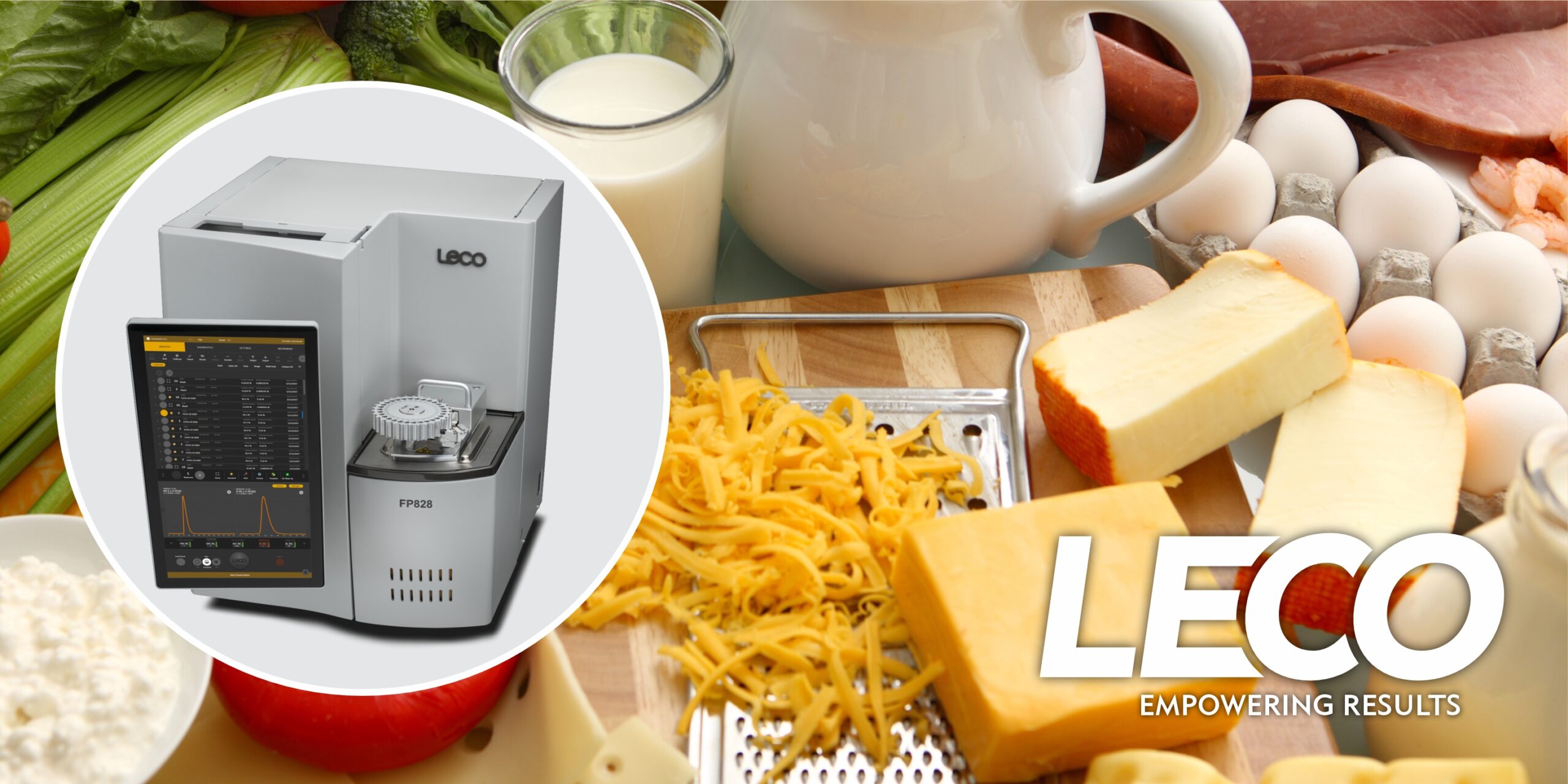Day 2 of the GCxGC Symposium focused on Petroleum and Fuel with some great discussion!
The day started with Richard Striebich giving a very informative presentation about the various configurations of GCxGC (thermal, flow, dual detection, etc.) which he employs at the University of Dayton Research Institute for bulk hydrocarbon and trace level polars analyses. This talk left us eager for the round table discussion to learn more, and it did not disappoint. Well done Rich! Here is a link to John Seeley’s Flow Modulation webinar that Rich mentioned in his talk.
William Collin from General Motors shared several examples of how he utilizes GCxGC to characterize various automotive fluids. Examples included contaminant identification, qualitative analysis of oil types, and quantitation of diesel fuel contamination of engine oil. Really loved that contour plot he showed with a beautiful separation (much better than good enough) of diesel fuel along with an unresolved chromatographic region of the engine oil. We found this to be a very interesting presentation and I know the rest of our audience did too. Dr. Collin, we loved it!
The final external presentation of the day was given by Thomas Loegel of the Naval Research Lab and Naval Air Systems Command. Dr. Loegel presented the results on some very ambitious work to standardize a GCxGC hydrocarbon analysis method across multiple DoD facilities. This work was no small undertaking, and the results are very encouraging. It was demonstrated that this work has led to decreased lab-to-lab variability, conservation of resources, and reduced response times. An amazing effort Dr. Loegel. The GCxGC community can appreciate this effort.
Throughout the day, LECO presenters shared a handful of topics including a sneak peek at a new flow-based modulator which is under development, a presentation demonstrating the importance of chromatographic resolution when performing area % FID quantitation, and a live demo showing how to create classifications in LECO’s ChromaTOF software.
Another lively Round Table discussion with our presenters and application chemists capped another successful day to the symposium!
We want to give a huge thanks to our presenters for another successful day. We’re already looking forward to Day 3’s session on metabolomics and another excellent panel of presenters.




